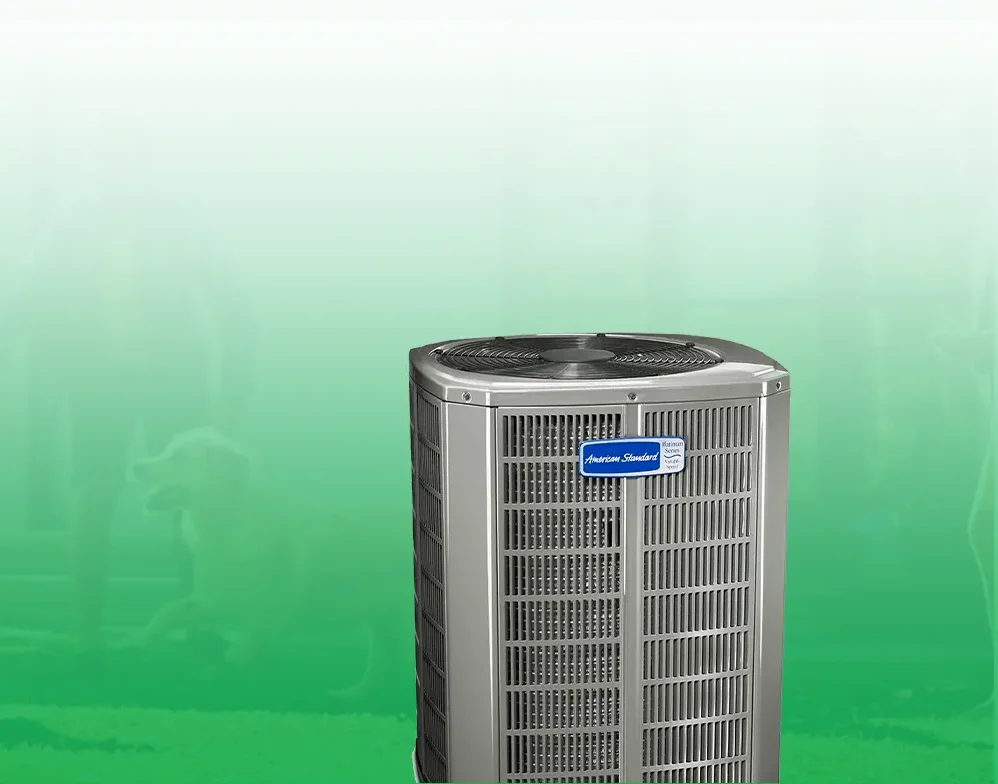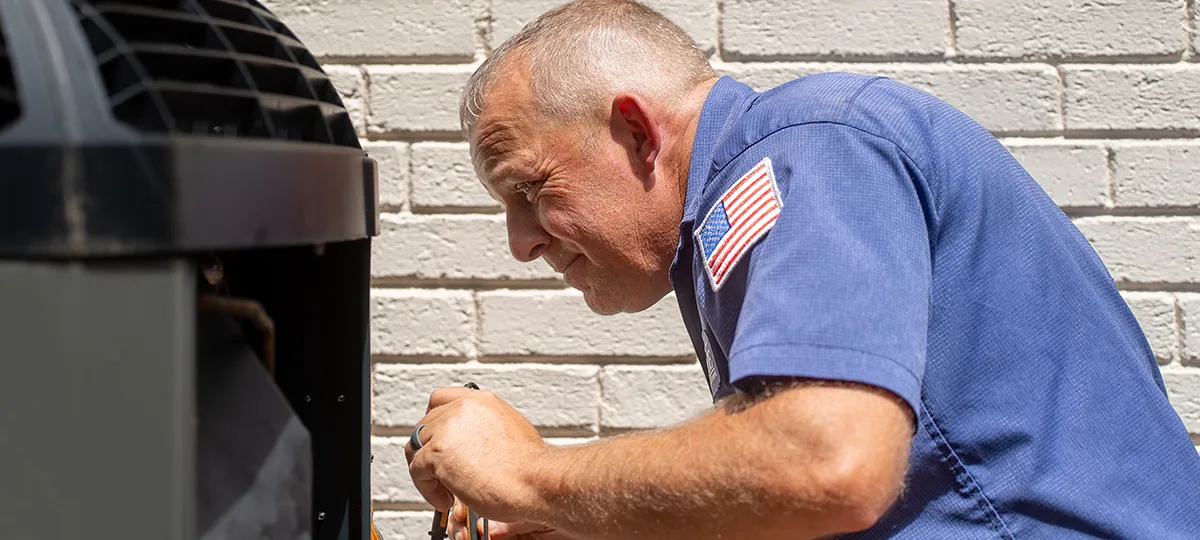In the world of HVAC systems, the thermostat acts as the central command station, regulating temperature and ensuring your comfort. At Horne HVAC Charlotte, we recognize the importance of pairing the right thermostat with your HVAC system to maximize efficiency, convenience, and control.
Ensuring compatibility between your thermostat and HVAC system is not just about maintaining comfort—it’s about enhancing the performance and longevity of your system.
Why Thermostat Compatibility Matters
1. Optimized System Performance: The right thermostat can significantly enhance your HVAC system’s efficiency. Compatible thermostats ensure that heating and cooling cycles are properly regulated, reducing wear and tear on the system and extending its lifespan.
2. Energy Efficiency: A compatible thermostat can make your HVAC system more energy-efficient. By accurately reading and controlling the temperature, it prevents the system from overworking, thereby reducing energy consumption and lowering your utility bills.
3. Advanced Features: Modern thermostats offer a range of features, from programmable settings to Wi-Fi connectivity and remote access via smartphones. Ensuring your HVAC system is compatible with these advanced thermostats can provide you with enhanced control over your home’s climate and the convenience of adjusting settings on the go.
3. User-Friendly Interface: A compatible thermostat not only functions better but is also easier to use. Whether it’s setting schedules, adjusting temperatures, or monitoring energy usage, a user-friendly interface enhances your interaction with the system, making it more accessible and efficient.
The Role of Voltage: Low Voltage vs. Line Voltage Thermostats
Line Voltage Thermostats: These are used in older homes or systems with electric baseboard heating or radiant heaters. They operate on 120 or 240 volts and require a compatible thermostat for safe and efficient operation.
Understanding Voltage Types: Thermostats typically come in two types: low voltage and line voltage. Knowing which one is suitable for your system is essential.
Low Voltage Thermostats: Common in most residential settings, these thermostats are designed for systems like central heating and cooling, heat pumps, and boilers. They operate on 24 volts and are compatible with most modern HVAC systems.



















